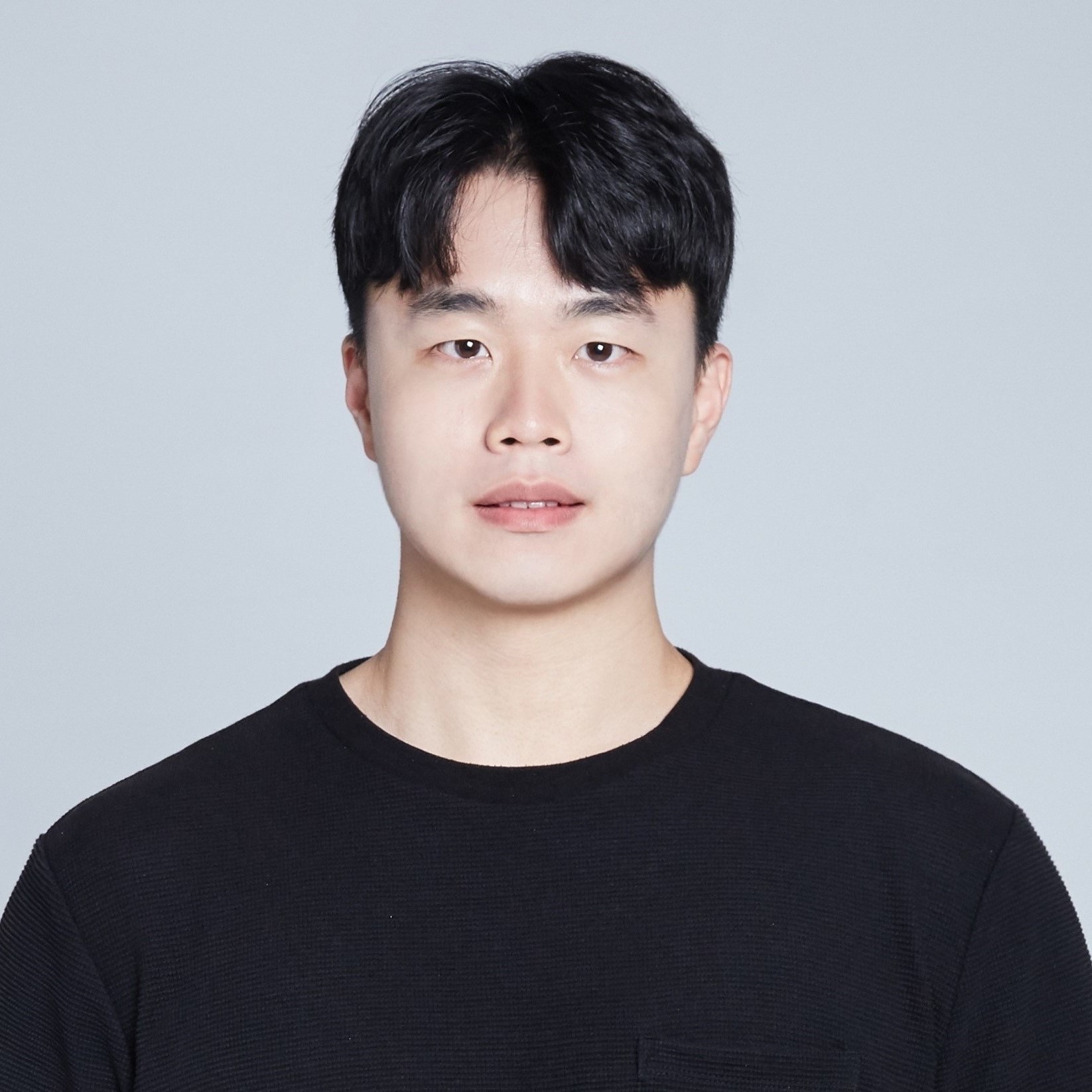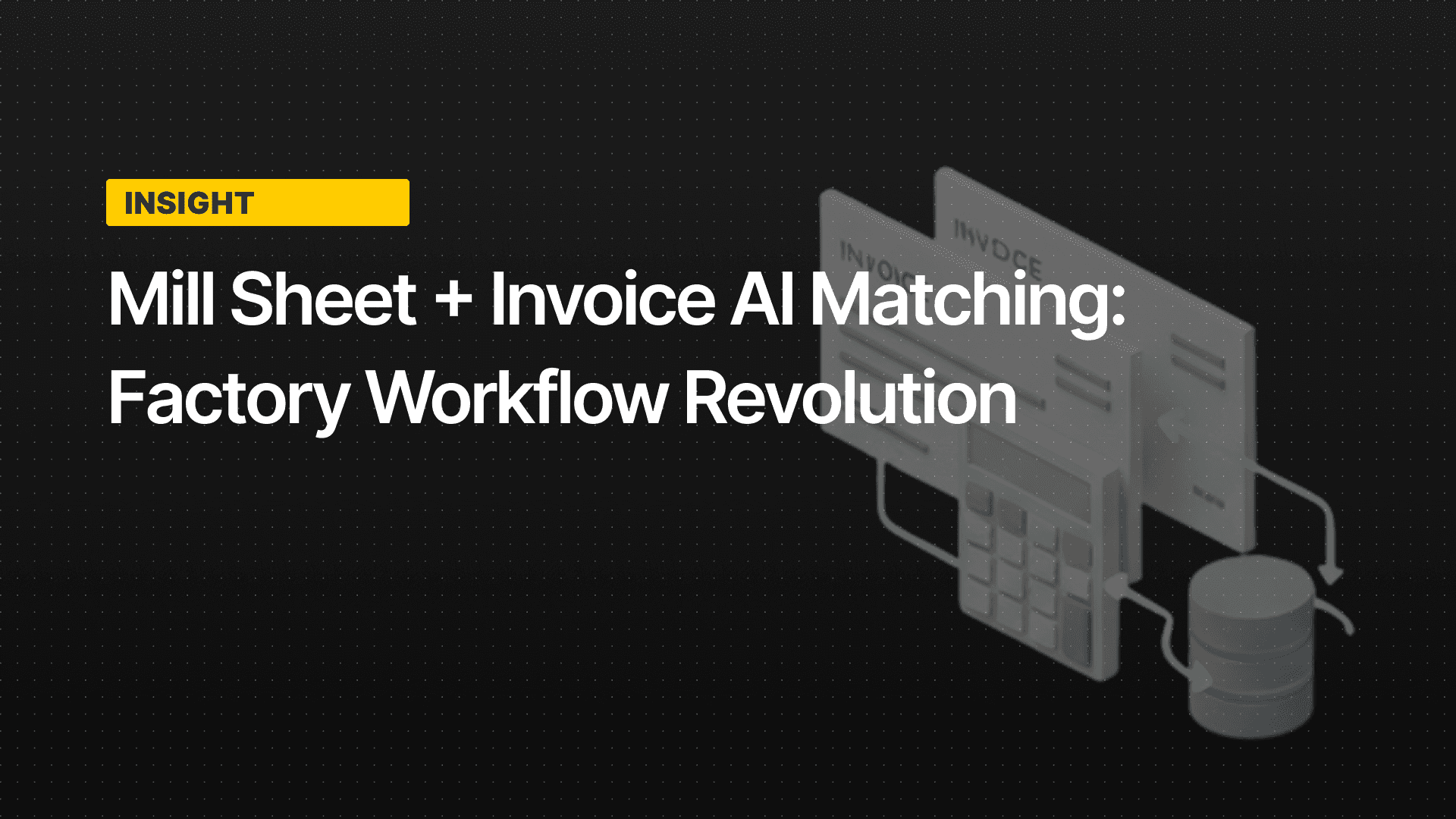Insight
AI War, Round 2: The Prelude to the Chip Competition Challenging NVIDIA's Fortress
Sep 8, 2025
In recent years, the artificial intelligence (AI) industry has experienced explosive growth. At the heart of this immense expansion has been one dominant company: NVIDIA. The generative AI craze, exemplified by ChatGPT, made NVIDIA's GPUs (Graphics Processing Units) an indispensable part of the AI infrastructure. NVIDIA captured over 80% of the AI semiconductor market, establishing what can only be described as an "iron fortress." However, no reign lasts forever, and the curtain has now risen on "AI War, Round 2," as competitors step up to challenge NVIDIA's dominance.
1. The Counterattack of the Challengers: The Pursuit of AMD and Intel
While NVIDIA dominated the market, its competitors were quietly sharpening their swords. The long-standing rival, AMD, launched the MI300X to challenge NVIDIA's latest H100 GPU, laying down a formidable gauntlet. The MI300X adopts an APU (Accelerated Processing Unit) architecture, which combines the GPU and CPU to enhance power efficiency. Notably, it boasts 2.4 times more HBM (High Bandwidth Memory) capacity than the NVIDIA H100, showcasing performance optimized for running large language models (LLMs). Furthermore, AMD is striving to build an open-source-based developer ecosystem by strengthening its ROCm (Radeon Open Compute Platform) to rival NVIDIA's powerful, proprietary 'CUDA' software ecosystem. This signals AMD’s intent to challenge NVIDIA not just on hardware performance, but on the software front as well.
Meanwhile, Intel, a powerhouse in the CPU market, is approaching the AI semiconductor market with a different strategy. Through its data center AI chip series, Gaudi, Intel is focusing on "cost-effectiveness" to expand its market share. The Gaudi 2 offers performance comparable to the H100 at a lower price, and its demand is increasing, particularly among cloud service providers. Intel has announced an ambitious plan to further boost performance with the Gaudi 3, aiming to snatch market share from NVIDIA.
2. Big Tech's Move to Develop Their Own Chips
It's not just chip manufacturers entering the fray. Big tech companies, armed with immense capital and technological prowess, are also jumping into the game of developing their own chips. This is a direct response to NVIDIA's high pricing and supply chain issues, as well as a strategy to internalize AI infrastructure optimized for their own services.
Google has been developing its own AI accelerator, the TPU (Tensor Processing Unit), for a long time, applying it to its core services like Search, YouTube, and Google Cloud.
Amazon is also enhancing the competitiveness of its cloud business (AWS) by developing the inference-focused Inferentia chip and the training-focused Trainium chip, which it offers to customers.
Microsoft is likewise developing Maia, a chip specialized in training and inferring AI models, as it seeks to become self-sufficient in AI infrastructure.
This move to develop in-house chips not only reduces reliance on NVIDIA but also demonstrates the strong will of these big tech companies to directly control and optimize the computing infrastructure essential for the AI era.
3. A New Paradigm and the Future of the AI Semiconductor Market
The competition in the AI semiconductor market is evolving beyond mere hardware performance, moving toward a new paradigm centered on the software ecosystem and cost efficiency. NVIDIA's dominant run was largely thanks to its powerful CUDA software ecosystem. However, competitors are now presenting a new paradigm by establishing open-source ecosystems and providing various solutions.
This competitive landscape will ultimately spur technological innovation and have the positive effect of lowering the cost of building AI infrastructure. As NVIDIA's single-vendor reign comes to an end, the 'Warring States Period' involving AMD, Intel, and big tech companies will accelerate the AI industry's evolution. It will be fascinating to watch which companies emerge as the new powerhouses in the AI semiconductor market.
Recommended Content











